It's a small compensation until Gmail has an option to search the contents of attachments.
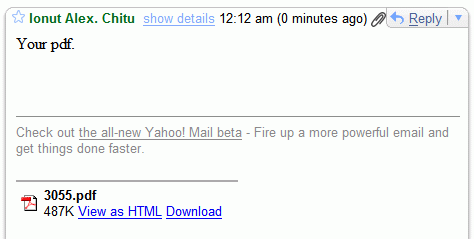


 Feed readers are a very inefficient way to keep up with the news. As most news sites and blogs have feeds, you might think you save time by adding your favorite sites to a feed reader. After all, you don't have to visit them ever again if they publish full feeds or only if you find some interesting if they publish partial feeds.
Feed readers are a very inefficient way to keep up with the news. As most news sites and blogs have feeds, you might think you save time by adding your favorite sites to a feed reader. After all, you don't have to visit them ever again if they publish full feeds or only if you find some interesting if they publish partial feeds.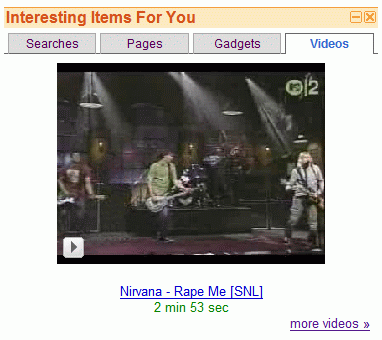
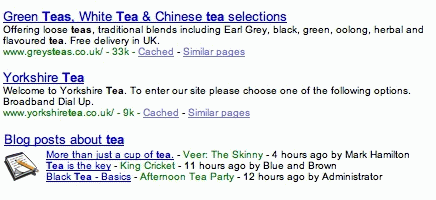
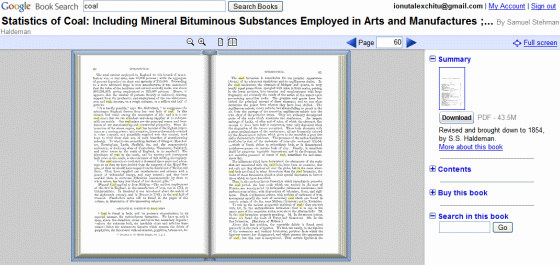
The internet is much more than a technology—it's a completely different way of organizing our lives. But its success is built on technological superiority: protocols and open standards that are ingenious in their simplicity. Time after time they have trounced rival telecommunications standards that made perfect commercial sense to companies but no practical sense to consumers. (...)
In 2007 we'll witness the increasing dominance of open internet standards. As web access via mobile phones grows, these standards will sweep aside the proprietary protocols promoted by individual companies striving for technical monopoly. Today's desktop software will be overtaken by internet-based services that enable users to choose the document formats, search tools and editing capability that best suit their needs. (...)
Today we live in the clouds. We're moving into the era of "cloud" computing, with information and applications hosted in the diffuse atmosphere of cyberspace rather than on specific processors and silicon racks. The network will truly be the computer. (...)
The lesson is compelling: put simple, intuitive technology in the hands of users and they will create content and share it. The fastest-growing parts of the internet all involve direct human interaction.
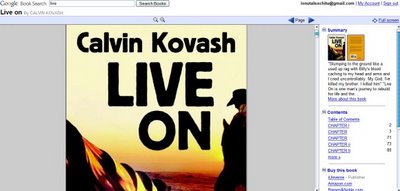

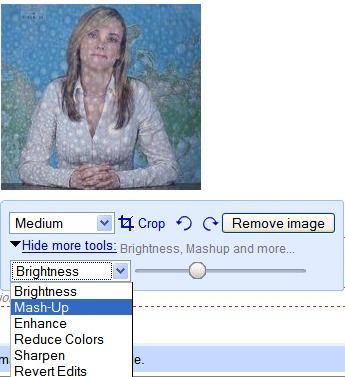
* Up to 250GB of storage space in your Picasa Web Albums account.
* 12 months of hassle-free uploading and sharing
No complicated monthly bandwidth limits to keep track of.
Each year, we'll automatically renew your account. But don't worry, we'll always contact you with the option of cancelling before charging your credit card.
You can always use your free Picasa Web Albums account without upgrading.
Choose the amount of storage you want:
6.25GB ($25 per year)
25GB ($100 per year)
100GB ($300 per year)
250GB ($500 per year)

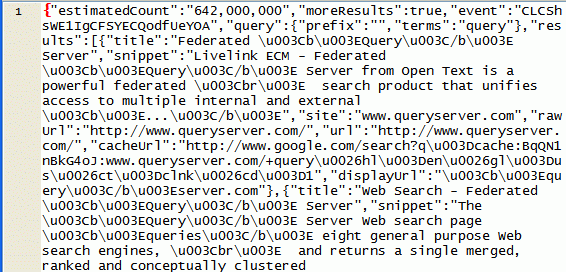

"Colorless green ideas sleep furiously" is a sentence composed by Noam Chomsky in 1957 as an example of a sentence whose grammar is correct but whose meaning is nonsensical, however some might argue that Chomsky simply wasn't imaginative enough to put the sentence into a context which would give it meaning. It was used to show inadequacy of the then-popular probabilistic models of grammar, and the need for more structured models.
Most state-of-the-art commercial machine translation systems in use today have been developed using a rules-based approach and require a lot of work by linguists to define vocabularies and grammars.
Several research systems, including ours, take a different approach: we feed the computer with billions of words of text, both monolingual text in the target language, and aligned text consisting of examples of human translations between the languages. We then apply statistical learning techniques to build a translation model.
Say you want to teach a computer how to translate Chinese: You give the computer 100,000 sentences in English and the same 100,000 sentences in Chinese and run a program that can figure out which words go to which words. If in 2,000 sentences you have the word Washington, and in about the same number of sentences you have the word Huashengdun, and they occur in the same place in the sentence, these words are likely translations.
